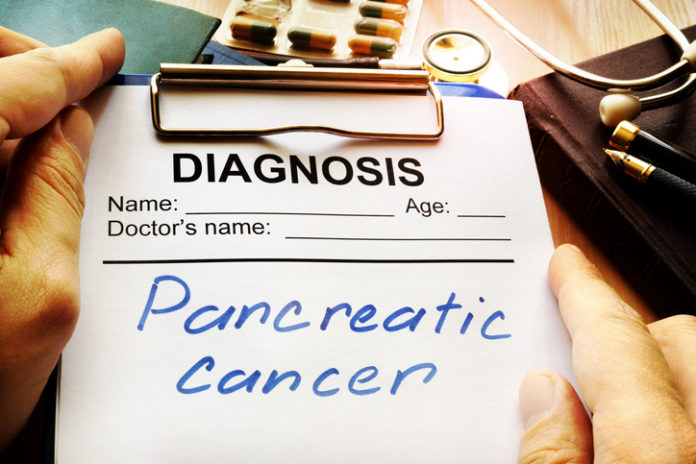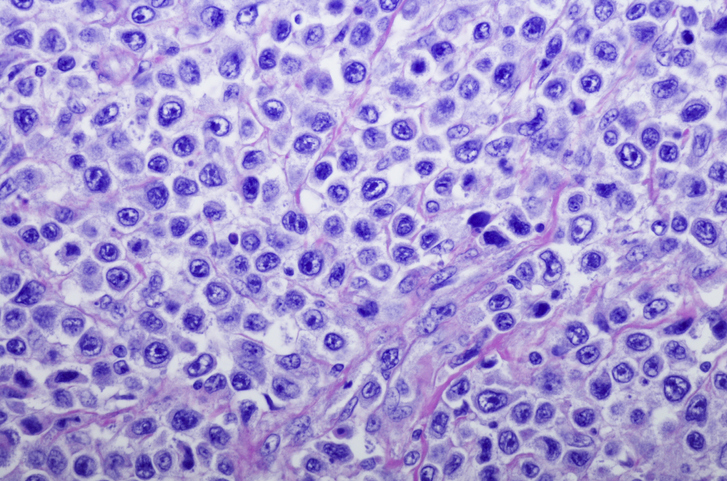A study evaluated the effect of adjuvant chemotherapy on overall survival in pancreatic cancer patients following resection and neoadjuvant combination treatment with folinic acid, fluorouracil, irinotecan, and oxaliplatin (FOLFIRINOX). Improved overall survival was observed, but only for a certain group: patients with pathology-proven node-positive disease.
The present study was a retrospective cohort study spanning several centers and countries from Jan. 1, 2012, through Dec. 31, 2018. It included an existing group of pancreatic cancer patients who underwent resection and were receiving FOLFIRINOX, which was expanded for the present study. Institutional databases were queried to identify consecutive patients who received at least two cycles of neoadjuvant FOLFIRINOX chemotherapy followed by pancreatic surgery for nonmetastatic pancreatic cancer. Eligible patients were those with resectable, borderline resectable, and locally advanced pancreatic cancer; patients who died in the hospital or within three months postoperatively were excluded. The researchers evaluated the relationship between adjuvant chemotherapy and overall survival, which was defined as the time starting from surgery plus three months (unless stated otherwise), in different patient subgroups.
Final analysis included 520 patients from 31 centers in 19 countries; the median (interquartile range [IRQ]) age was 61 (53–66) years, and 279 patients (53.7%) were male. Patients received a median (IQR) six (5–8) neoadjuvant FOLFIRINOX cycles. Two-thirds of patients (n=343) received adjuvant chemotherapy; of these patients, 68 (19.8%) received FOLFIRINOX, 201 (58.6%) received gemcitabine-based chemotherapy, 14 (4.1%) received capecitabine, 45 (13.1%) received a combination or other agents, and 15 (4.4%) received an unknown type of adjuvant chemotherapy. Median overall survival after diagnosis was 38 months (95% confidence interval [CI], 36 to 46 months) and after surgery was 31 months (95% CI, 29 to 37 months). Median survival did not differ between patients who did or did not receive adjuvant chemotherapy (29 months vs. 29 months; univariable hazard ratio [HR]=0.99; 95% CI, 0.77 to 1.28; P=0.93). Multivariable analysis found that adjuvant chemotherapy only improved overall survival in patients with pathology-proven node-positive disease (median overall survival, 26 vs. 13 months; multivariable HR=0.41; 95% CI, 0.22 to 0.75; P=0.004). Patients with node-negative disease did not experience improved overall survival with adjuvant chemotherapy (median, 38 vs. 54 months; multivariable HR=0.85; 95% CI, 0.35 to 2.10; P=0.73).
The study was published in JAMA Oncology.
In their conclusion the authors wrote, “These results suggest that adjuvant chemotherapy after neoadjuvant FOLFIRINOX and resection of pancreatic cancer was associated with improved survival only in patients with pathology-proven node-positive disease. Future randomized studies should be conducted to confirm this finding.”
Credit: Original article published here.










